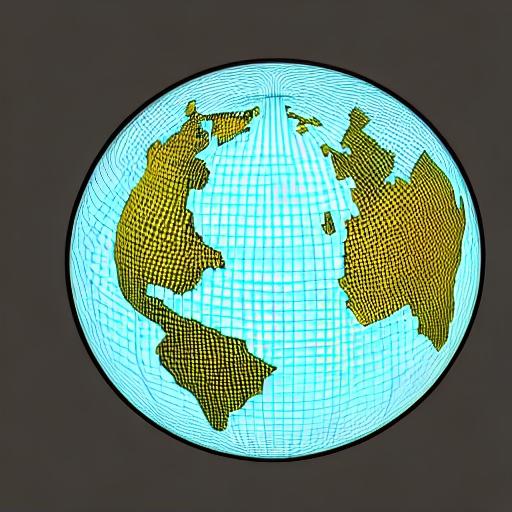Ethereum is a decentralized, open-source blockchain platform that enables the creation and execution of smart contracts. But what does that actually mean?

Think of Ethereum as a global, digital computer that runs on a network of computers around the world. This computer can automatically execute programmed instructions, known as smart contracts, without the need for intermediaries or centralized control.
So, what are smart contracts? They are self-executing agreements with the terms of the agreement directly written into lines of code. These agreements are stored on the Ethereum blockchain, a distributed ledger where all transactions and contracts are recorded.
Unlike traditional contracts, smart contracts are not limited to financial agreements. They can represent any type of agreement, from insurance policies and property transfers to supply chain management and voting systems. Smart contracts can automate processes and reduce the time, costs, and risk associated with traditional methods.
Ethereum’s blockchain is powered by Ether (ETH), its native cryptocurrency. Similar to how Bitcoin operates, Ether acts as a digital currency used for transactions on the Ethereum network. It can also be used to incentivize participants to maintain and secure the network through a process called mining.
Ethereum also introduced the concept of decentralized applications or dApps. These are applications that run on the Ethereum platform and utilize its smart contract capabilities. dApps can be anything from decentralized finance (DeFi) platforms to gaming and social media applications. They benefit from the security, transparency, and immutability that the Ethereum blockchain provides.
One of the most significant features of Ethereum is its ability to support the development of new cryptocurrencies and tokens through a standardized protocol known as the ERC-20. This protocol allows developers to create their own digital assets, which can represent anything from virtual currencies to tokenized assets and even voting rights.
In summary, Ethereum is a decentralized platform that enables the creation and execution of smart contracts. It acts as a global, digital computer that automates and secures agreements without the need for intermediaries. With its native cryptocurrency Ether, Ethereum has become the foundation for decentralized applications and the creation of new digital assets.
